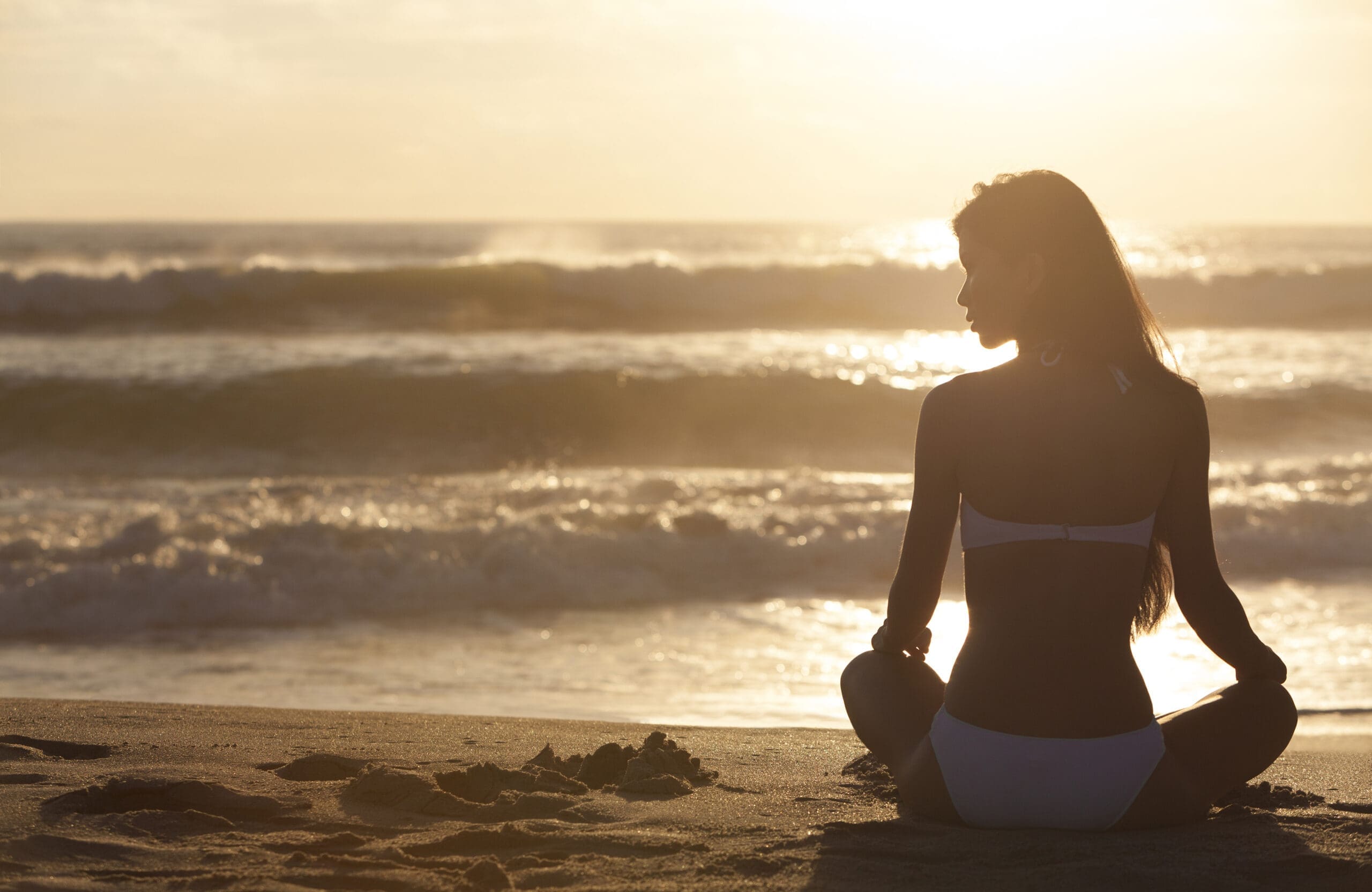If you’re itching to find relief from eczema, read on.

There are many ways to alleviate the agonising symptoms of eczema so don’t lose hope.
This winter, you can say goodbye to the agonising itching and rashes that come with having eczema.
Also known as atopic dermatitis, the recurring, non-contagious, inflammatory skin condition is so common that 1 in 3 Aussies will develop it at some stage in their lives, some younger than the age of five.
For these Aussies, the simple things in life they once took for granted may become hurdles they struggle to overcome. This includes sleeping and socialising, as sufferers often experience intense itching at night, making it difficult to sleep, and the appearance of their skin may lead to a loss in self esteem.
Eczema is infamous for its itch-scratch cycle, where the itchiness may be so unbearable sufferers cannot help but scratch their skin until it bleeds (sometimes in their sleep), leaving scars and wounds that may be susceptible to infections.
In extreme cases, sufferers have had no choice but to quit their jobs due to the severity of their eczema.
The skin condition is caused by a combination of factors, including food allergies, environmental allergens or irritants in clothing, jewellery, fragrances, or washing powder.
Unfortunately, there is no cure for eczema, but there are many ways to alleviate its agonising symptoms. These include:
- Keeping stress to a minimum
Easier said than done, but it’s important to manage your stress as it can trigger eczema flare-ups. Why not try easing your mind with a relaxing yoga or meditation session? Cutting caffeine out of your diet also helps.
- Moisturising regularly
Caring for your skin is so important when you have eczema, especially keeping it hydrated.
You should: Choose your daily moisturiser wisely. Make sure it’s fragrance-free, hypoallergenic and eczema-friendly (this should apply for soaps and detergents too). Moisturise several times a day to hydrate your skin and reduce irritation.
We recommend: Aveeno, La Roche-Posay and Caroline’s Cream, which all act as barriers to moisture loss, soothe itching and irritation, and do not contain harmful chemicals.
Tip: Your skin absorbs moisturiser best after being soaked in water, so make sure you do it as soon as you can after a shower or bath.
- Shorter lukewarm to warm showers/baths
Long periods of time spent in scalding showers/baths often aggravate your eczema, so make sure you limit how long you spend in there and turn the temperature down to lukewarm or warm. Don’t forget to moisturise straight after.
Tip: You can also take anti-itch baths, which can be purchased from your chemist, or you can do-it-yourself by adding baking soda and oatmeal to your bath.
- Trimming your nails and wearing gloves to sleep
It’s not that easy to just stop scratching, but one of the ways to put an end to the itch-scratch cycle is to take these simple precautions to limit its harmful effects.
- Avoiding triggers
You may be allergic or sensitive to dust, certain foods, clothing fabrics such as wool (go for cotton blends instead) or fragranced products, which may trigger or aggravate your eczema, so try to avoid them as much as you can.
- Medication
If symptoms are severe, it may be wise to consider taking oral antihistamines, which can be bought at your local chemist or prescribed by your GP, to prevent itching during the day/night. Corticosteroid creams can also be used, but only as a last resort when all other treatments have failed, as they may have serious side effects when not used properly.
- Traditional Chinese Medicine (TCM)
Alternatively, you can try TCM, which focuses on healing the body from within, and has a 2,500-year history of being used to treat ailments such as eczema. TCM treatments are based on natural ingredients and include creams and herbal broths.



